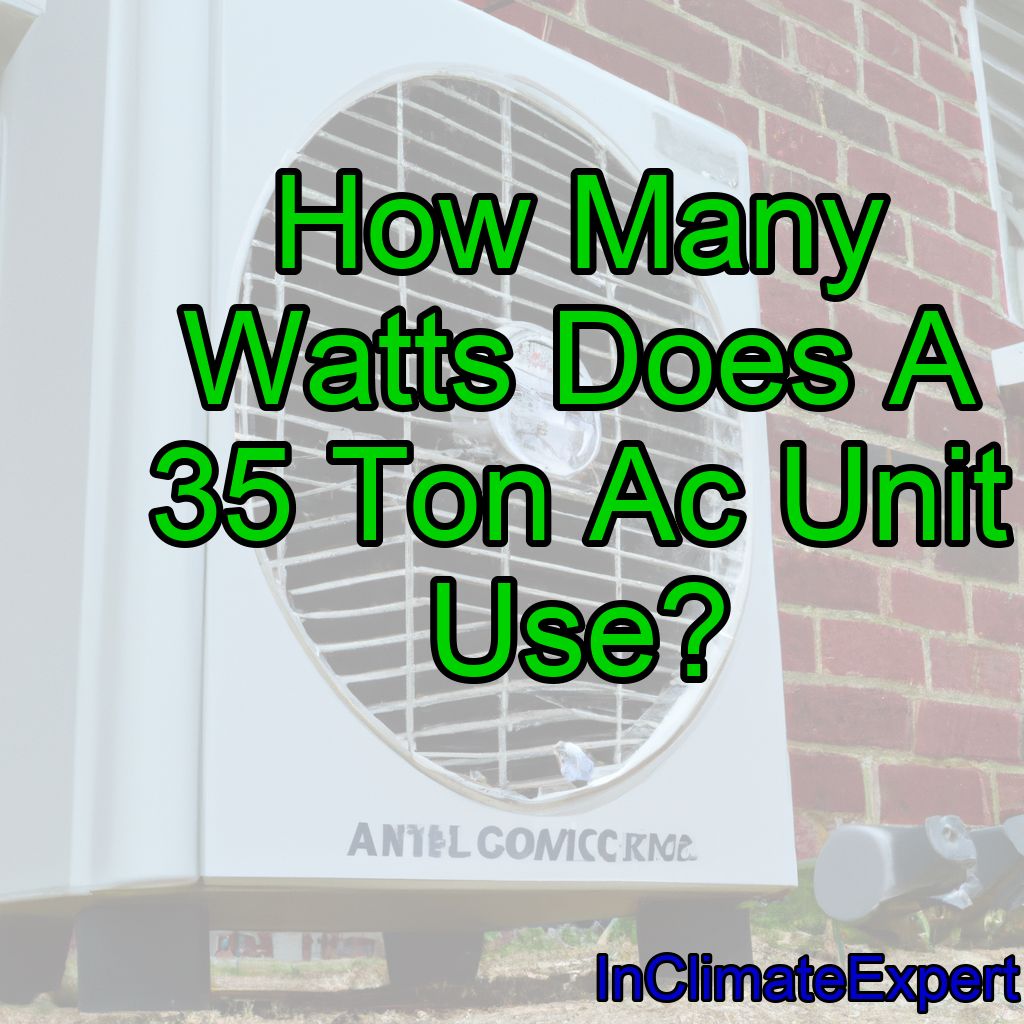How Long To Air Out House After Gas Leak?
When a gas leak occurs in your home, it can be a scary and potentially dangerous situation. One of the key questions that may come to mind is how long you need to air out your house before it’s safe to return. After a gas leak, it is crucial to air out your house for…










